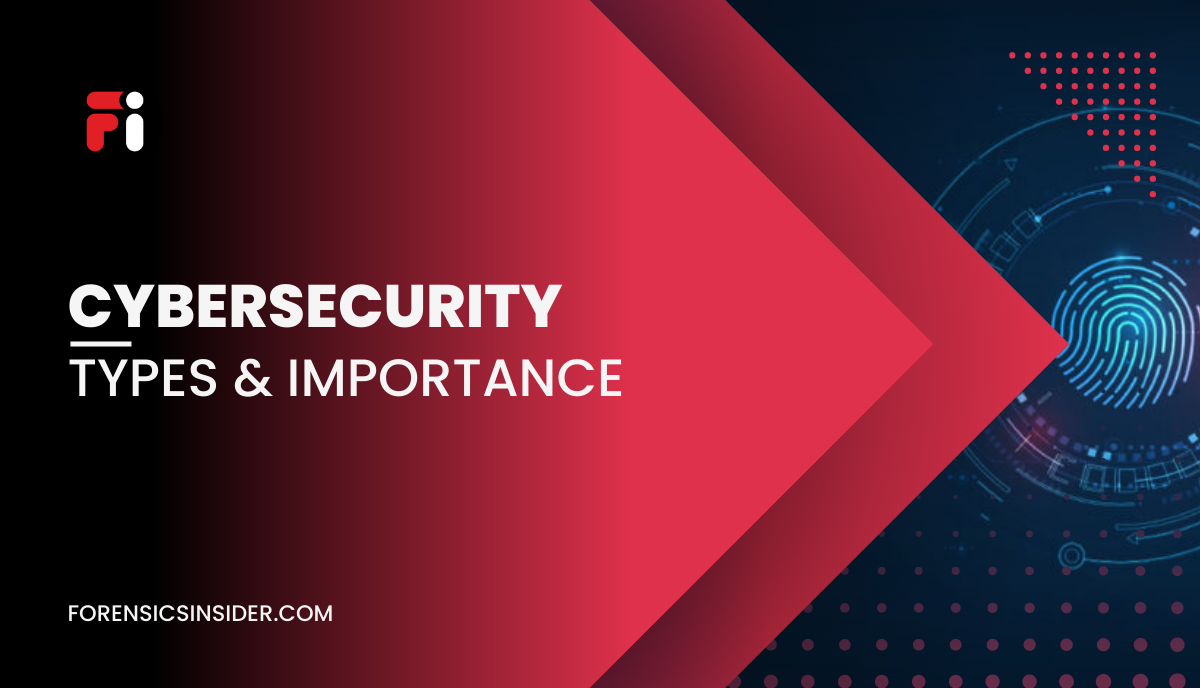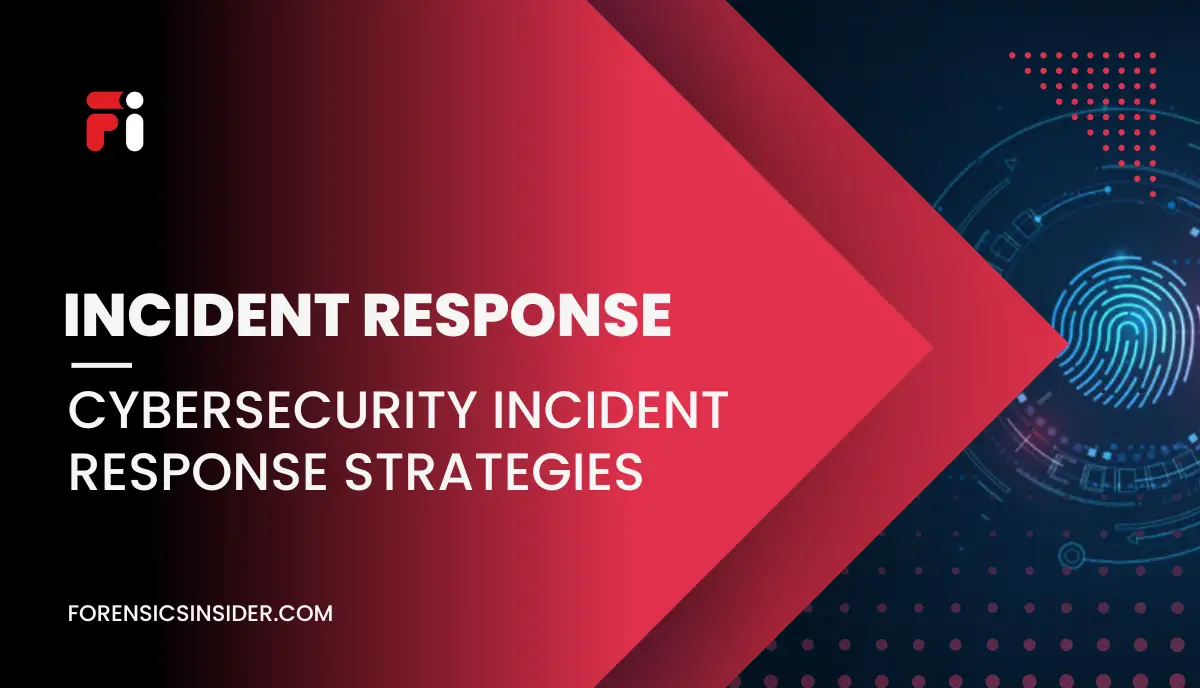Cybersecurity is becoming increasingly important as we are going deep into the digital world. From making online payments and shopping to social media and online conversations, we are completely dependent on the Internet to execute our day-to-day activities. This dependence of ours on digital technologies makes us more vulnerable to cyber attacks, which can threaten our personal data, financial details, or even physical safety sometimes.
Cyber awareness is a must to keep yourself safe from attackers in the online world. In this article, we will break out the basics of cybersecurity and provide you with all the required information to keep yourself safe from cyber attacks.
What is Cybersecurity?
Cybersecurity is the process of guarding against unauthorized access or hostile assaults on computer systems, networks, mobile devices, servers, electronic systems, and data.It incorporates a wide range of technologies, processes, and expertise that work together to protect computer devices, mobile devices, networks, or other internet-connected devices from cyber attacks.
Effective cybersecurity strategies require a combination of technical expertise, user education, and risk management strategies. Cyber experts use various tools to safeguard from cyber threats/attacks like firewalls, anti-virus, and encryption. They also utilize policies and procedures to minimize the risk of data breaches.
Types of Cybersecurity
There are various types of cybersecurity that help you to protect yourself from different cyber attacks. Some of the most common types of cyber security are
1. Network Security
This kind of cybersecurity is mostly concerned with protecting computer networks against hacker attacks. Network security includes hardware and software technologies and ensures security from a variety of cyber-network threats.
It serves as a barrier against harmful activity on your network. It comprises putting in place a designed system of rules and configurations to protect the usability, privacy, and integrity of networks and data. Network security protects internal networks from attacks by safeguarding the infrastructure. Creating strong passwords or enabling 2-factor authentication is the best implementation of the New York securities method.
2. Application Security
This type of cyber security works on protecting software applications from unauthorized entry. Its measures include a web application firewall, antivirus program, encryption, etc.
3. Cloud Security
A cloud storage service that protects data and software applications. Cloud security refers to technologies, services, or policies which aim to protect from cyber-attacks. Constant monitoring and defense of cloud data eliminates threats associated with on-premises attacks.
4. Data Loss Prevention
A data loss prevention program focuses on the upcoming policies and programs designed to prevent data loss. It is also used to measure success in recovering from cyber security breaches.
5. End-User-Education
It is the process of educating users and training them about safety measures so that they can prevent themselves from cyber threats. They educate them about safety measures like do not click suspicious links, downloading unknown attachments received in emails, etc, so that the malware and malicious software won’t come in.
6. Identity Management and Access Control
Identity management and access control are crucial components of security architecture. Its major focus is on controlling access to resources or systems in an organization. It is the best way through which you can ensure the security of the system and the data. This type of security system will not allow anyone to be let in without getting known about their authorized access and don’t share any information with them.
These types of cybersecurity techniques are used to provide safeguards through various cyber attacks and organizations should use these techniques in combination to ensure maximum security.
What are Cyber Security Threats?
Cybersecurity threats are malicious activities that hit your computer, network, application, and electronic devices to steal important data and disrupt your confidential information. Below are some of the cyber security threats.
1. Phishing
It is a form of social engineering attack where fraudulent emails and text messages are circulated that appears to be from an authentic source. It is sent to the users to trick them and steal their data or force them to click on the malicious link.
2. Malware
It refers to an application or software that is made to harm the computer system. Different types of malware are viruses, worms, Trojans, or ransomware.
3. Distributed Denial of Services (DDOS)
DDoS attacks happen when multiple systems flooded the bandwidth or traffic of a targeted system like a server, website, or other network resources. By booming the target with messages or connection requests, the attacker slows down the system or crashes it.
4. Man In the Middle Attacks (MItM)
MitM is a type of cyber attack that allows attackers to intrude on the communication between the two interfaces to steal confidential information or inject malicious code.
5. Advance Persistent Threats (APT)
APTs are attacks that are usually performed by skilled attackers whose aim is to target specific organizations or individuals over a long period of time to Steal sensitive or confidential information.
6. Inside Threats
These threats take place when security breaches are caused by humans inside a firm or organization. They are employees, contractors, or any insider who has access to sensitive information and can cause harm to the organization’s security.
7. Zero-Day Vulnerabilities
These are unknown security flaws in software that may be attacked by attackers before it gets fixed.
Why Cyber Security is Important?
Our society is more technology-dependent than ever and there is no chance of the slow down this dependence pace. This reliance has also hiked cyber threats. In such a scenario, we cannot ignore cyber security. Even a single breach in security leads to huge destruction to an individual or an organization. Therefore cyber security is important to keep yourself safe from financial or trust loss. It is important for various reasons:
1. The First and foremost reason why cyber security is important is that it protects your sensitive data. With the excessive amount of data sharing online via social media or other means, it is crucial to protect your personal data from unauthorized access or theft. Proper cybersecurity measures protect you and keep your social media accounts safe from cyber threats like cyber bullying, identity theft, or harassment.
2. Cyber attacks are costly, damaging, and life-threatening sometimes. To prevent such losses, cyber security measures are essential.
3. Another reason for taking an aggressive approach toward cybersecurity is cloud transformation. The continual shift to cloud services gave birth to cyber attacks. Many companies store their business data on cloud storage. Although there are many security benefits attached to cloud deployment there are theft risks also when your cloud storage system is not properly secured.
4. To keep your Business operation secure and working, cybersecurity measures are important. It prevents your business from financial loss, reputation damage, or legal proceedings.
Overall, Cyber security is important to protect yourself, your personal data, and your business reputation, from harassment, or cyber bullying. It is an essential aspect of this fast-developing digital world for smooth and secure working.
Take Your Step to Be Safe in this Digital Era
Cyber security is an evolving space that requires a vigilant approach to stay ahead of the curve. We hope that you can get your answer from this article. The points outlined the answer about what is cybersecurity. Take your first step now if you haven’t taken it to secure your system.





